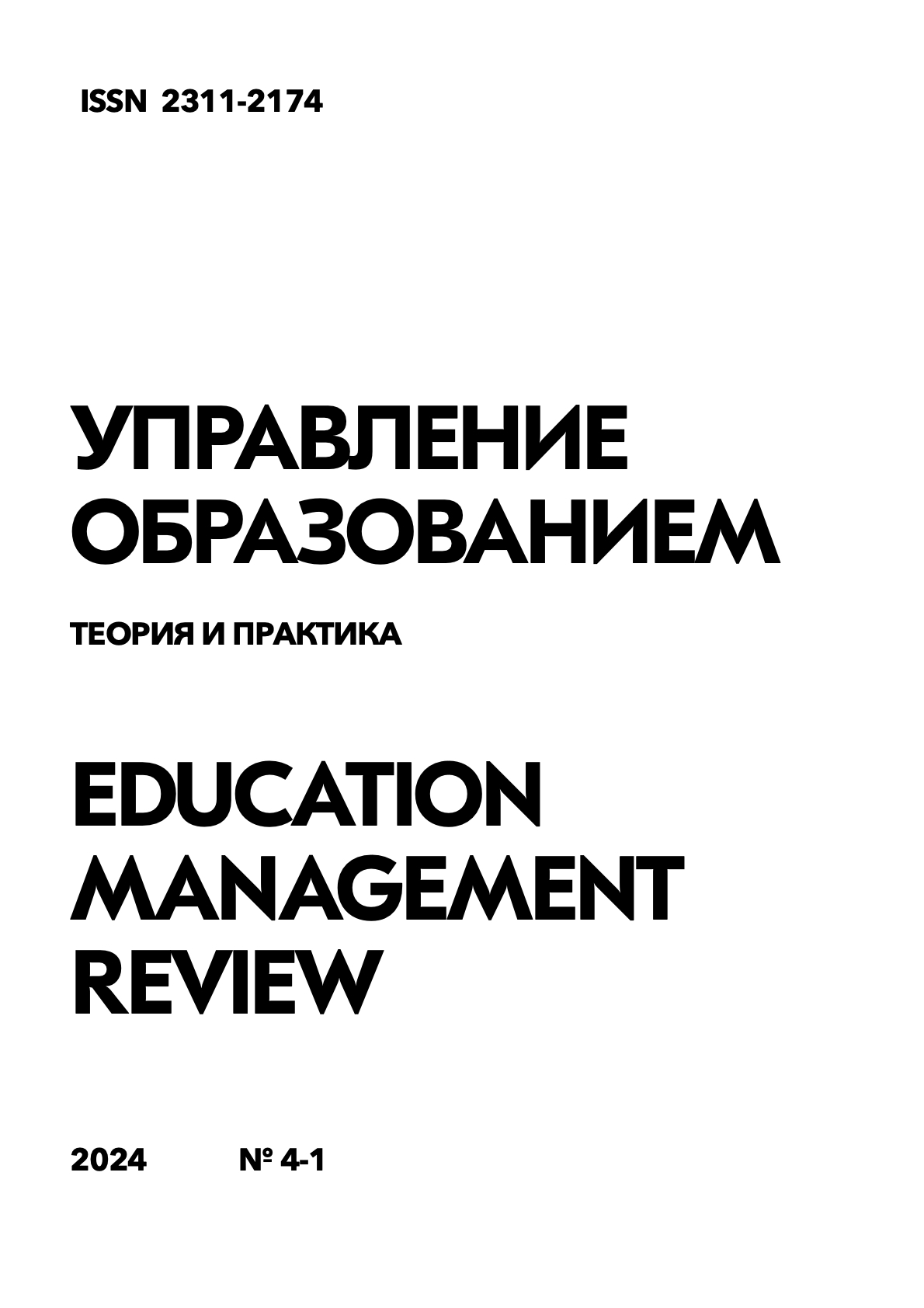The specifics of the application of project-based forms of education in the preparation of students of communication-oriented areas
Keywords:
project-based learning, communicative competencies, professional training, motivation, teamwork, pedagogical experiment, model, reflectionAbstract
The article discusses the features of the application of project-based forms of education in the process of preparing students of communication-oriented areas. The purpose of the study is to identify the specifics and advantages of using the project method in the formation of professional competencies of future specialists in the field of communications. The methodological basis of the work is the theoretical analysis of scientific literature, empirical methods (observation, questioning, testing), as well as statistical data processing. The empirical basis is the results of a pedagogical experiment conducted among 120 students of the 2-4 courses of the Faculty of Journalism and Public Relations. The results of the study show that the use of project-based forms of education helps to increase students' motivation (by 27%), develop their creativity (by 34%), communication skills (by 42%), as well as the formation of skills to work in a team (an increase of 38%). In addition, project activities allow students to immerse themselves deeper into the professional environment, learn how to apply theoretical knowledge in practice. The authors propose a model for organizing project-based learning, which includes 5 stages: goal setting, planning, implementation, control and reflection. The conditions for the effective implementation of this model in the educational process of the university are described. The practical significance of the work lies in the possibility of using its results to improve the professional training of students of communication specialties. The proposed recommendations can be used by teachers in the development of project assignments, as well as in the organization of independent work of students.
References
Балакирева Э.В. Профессиологические основы проектного обучения в высшей школе // Известия РГПУ им. А.И. Герцена. 2019. № 162. С. 90-101.
Бедерханова В.П., Бондарев П.Б. Проектное обучение в системе высшего профессионального образования // Высшее образование в России. 2018. № 6. С. 74-82.
Гузеев В.В. Методы и организационные формы обучения. М.: Народное образование, 2011. 128 с.
Евстафьев Д.Г. Проектно-созидательный подход к обучению специалистов по рекламе и связям с общественностью // Известия ИГЭА. 2017. № 5. С. 161-166.
Зимняя И.А. Ключевые компетенции – новая парадигма результата образования // Высшее образование сегодня. 2009. № 5. С. 34-42.
Казун А.П., Пастухова Л.С. Практики применения проектного метода обучения: опыт разных стран // Образование и наука. 2018. № 2. С. 32-59.
Матяш Н.В. Инновационные педагогические технологии. Проектное обучение. М.: Академия, 2011. 144 с.
Матяш Н.В., Володина Ю.А. Методика оценки проектной компетентности студентов // Психологические исследования. 2011. № 3(17). С. 17-25.
Новиков А.М. Методология учебной деятельности. М.: Эгвес, 2005. 176 с
Пахомова Н.Ю. Метод учебного проекта в образовательном учреждении. М: Аркти, 2009. 112 с.
Полат Е.С. Новые педагогические и информационные технологии в системе образования. М: Академия, 2010. 272 с.
Топтыгин А.Л. Проектные методы обучения в высшей школе // Проблемы современного образования. 2019. № 4. С. 196-202.
Трищенко Д.А. Опыт проектного обучения: попытка объективного анализа достижений и проблем // Образование и наука. 2018. № 4. С. 132-152.
Шестернинов Е.Е. Проектная деятельность как педагогическая проблема // Профессиональное образование. 2019. № 9. С. 29-35.
Яковлева Н.Ф. Проектная деятельность в образовательном учреждении. М.: Флинта, 2014. 144 с.
Downloads
Published
How to Cite
Issue
Section
License

This work is licensed under a Creative Commons Attribution-NonCommercial-NoDerivatives 4.0 International License.




